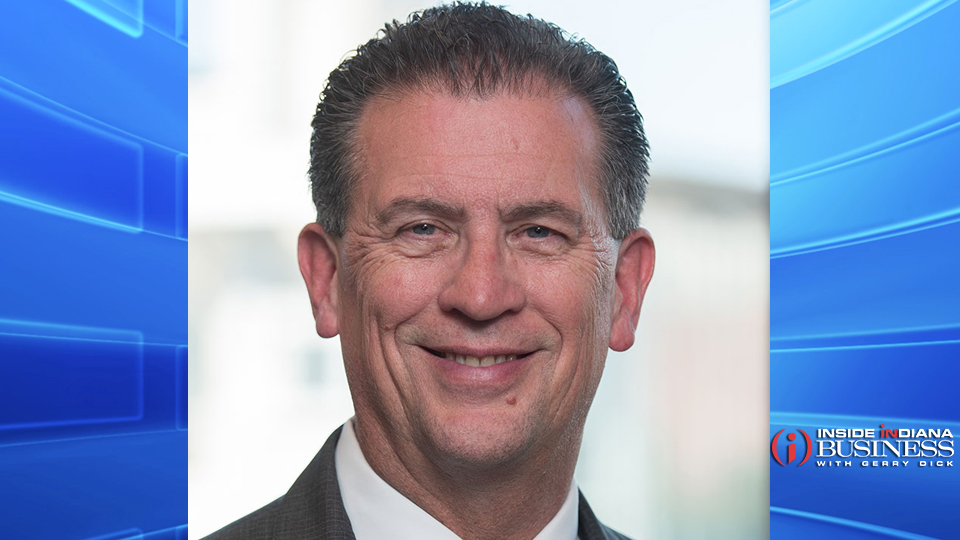Giving Tuesday…and Beyond
Subscriber Benefit
As a subscriber you can listen to articles at work, in the car, or while you work out. Subscribe Now
Black Friday, Small Business Saturday, and Cyber Monday all encourage people to buy. But today is about supporting nonprofit organizations. Since 2012, GivingTuesday has become a day of heightened generosity when people give to their favorite charities. Patrick Rooney, a professor of philanthropic studies at the Lilly Family School of Philanthropy at IUPUI, says while the event often focuses on monetary donations, it’s also about raising the profile of nonprofit organizations.
“I think it’s more important for the opportunities that it has generated to raise awareness of philanthropy generally. And the mission of each charity specifically,” said Rooney in an interview with Inside INdiana Business.
GivingTuesday was created in 2012 at a cultural and community center in Manhattan. The idea was to set aside a day to encourage people to do good.
According to the nonprofit, in 2020 at least $2.47 billion were donated in 24 hours in the U.S. alone. While much of the figure is money, the organization says a portion was volunteerism with 13% of the adult population participating.
Rooney says for many people, the day serves as reminder for year-end giving.
“Many people have a chunk of income, that’s contingent income, year-end bonus and profit sharing, stock options, things like that. And that affects how they think about their total giving,” said Rooney. “It’s like, ‘wow, I did great in the stock market this year, or I got this great in a bonus or stock option or profit share. I want to share some of that wealth.’”

However there a list of challenges that could alter how much a person gives, whether it’s on Tuesday or beyond.
Rooney says inflation, other economic uncertainty, or a new variant of COVID are factors.
“Uncertainty is the enemy of investment in plants and equipment in the capitalist sector. And uncertainty is also an enemy of philanthropy. That uncertainty creates unknowns and uneasiness about what’s happening, what’s going to happen,” said Rooney. “All those bubbles of doubt and anxiety create a cautionary pattern to some degree, right?”
While Rooney encourages people to engage in philanthropic efforts, he also warns of unscrupulous people who take advantage of well-meaning donors.
“We need to be careful about in the last year with COVID, and the social justice movements and so on, there are a number of charities that have sprung up that are legitimate charities, but there’s also some individuals who are scamming the goodwill of others and creating pseudo charities,” said Rooney.
He encourages donors to practice due diligence, do their homework and ensure an organization or their website is legitimate.
“Making sure that you’re the one initiating the action and not kind of passively reacting to somebody you’ve never heard of, or organization that you’ve never heard of before.”
